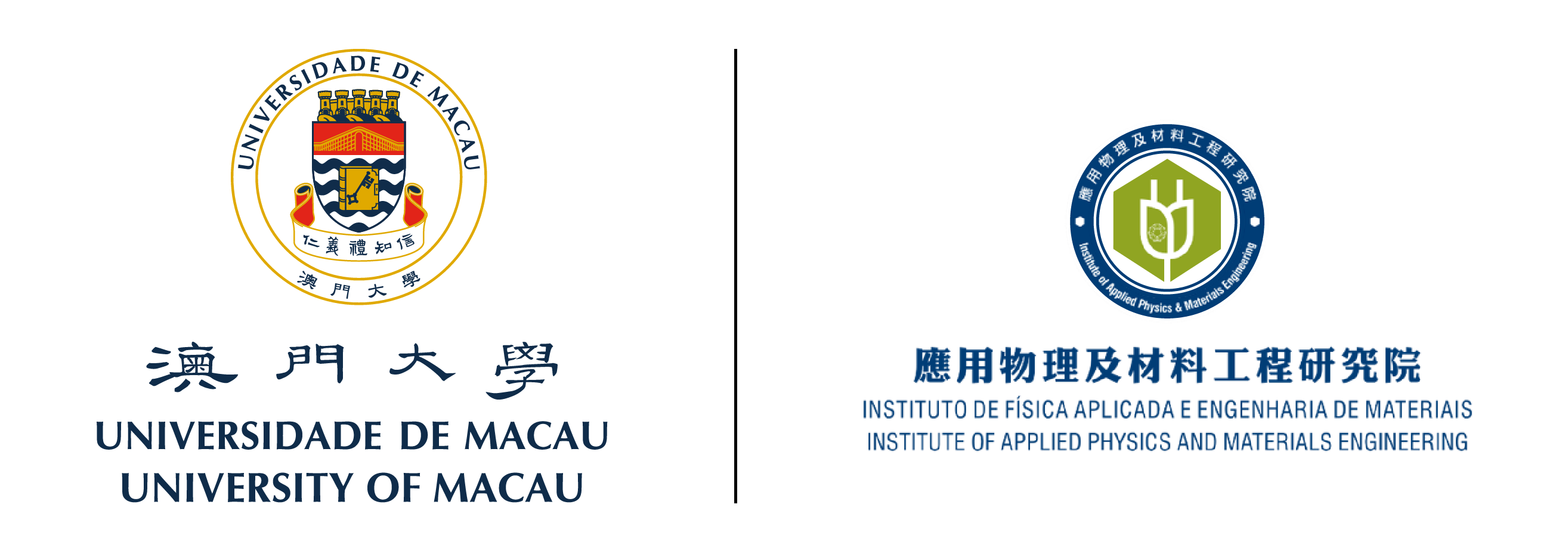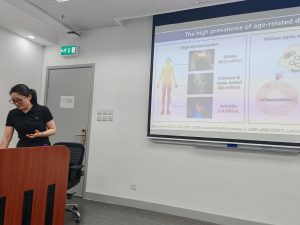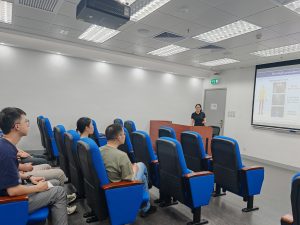On June 12, 2025, Professor Wei Tang (唐爲) from Shenzhen Institutes of Advanced Technology, Chinese Academy of Sciences (SIAT, CAS) was invited to give a pioneering seminar titled “Nanoplatforms Overcoming Physiological Barriers for Tissue Regeneration and Precision Imaging”. Prof. Tang presented breakthrough strategies to overcome the critical challenge of biological barriers in hard-to-penetrate tissues (bone, cartilage, brain). Her team developed three revolutionary approaches: i) In Situ H₂-Generating Nanomaterials – Remodeling senescent/inflammatory microenvironments for aged bone repair, arthritis therapy, and stroke treatment; ii) Pathology-Targeted Self-Assembled Lubrication Layers – Preventing arthritis progression through cartilage-specific retention; iii) Glycosylated AIE Nanoparticles – Enabling ultrasensitive bacterial imaging in complex biological environments. These platforms achieve what traditional nanomedicine cannot: deep-tissue penetration with sustained therapeutic modulation, highlighted by Prof. Tang, showcasing hydrogen’s unique role in reprogramming pathological microenvironments.
The seminar sparked vibrant discussions among IAPME faculty members and students, particularly inspiring young researchers in biomaterials design. “Prof. Tang’s work exemplifies how smart material engineering can transcend physiological frontiers,” remarked by the host Prof. Guichuan Xing. Attendees left with renewed enthusiasm for translating nanotechnologies into clinical solutions.
Prof. Tang leads cutting-edge research on hydrogen biomaterials at SIAT’s Neural Engineering Center, with 17 first/corresponding-author publications in Nature Communications, Science Advances et al. Her honors include Guangdong Top Young Talents and global top 2% scientist recognition.



